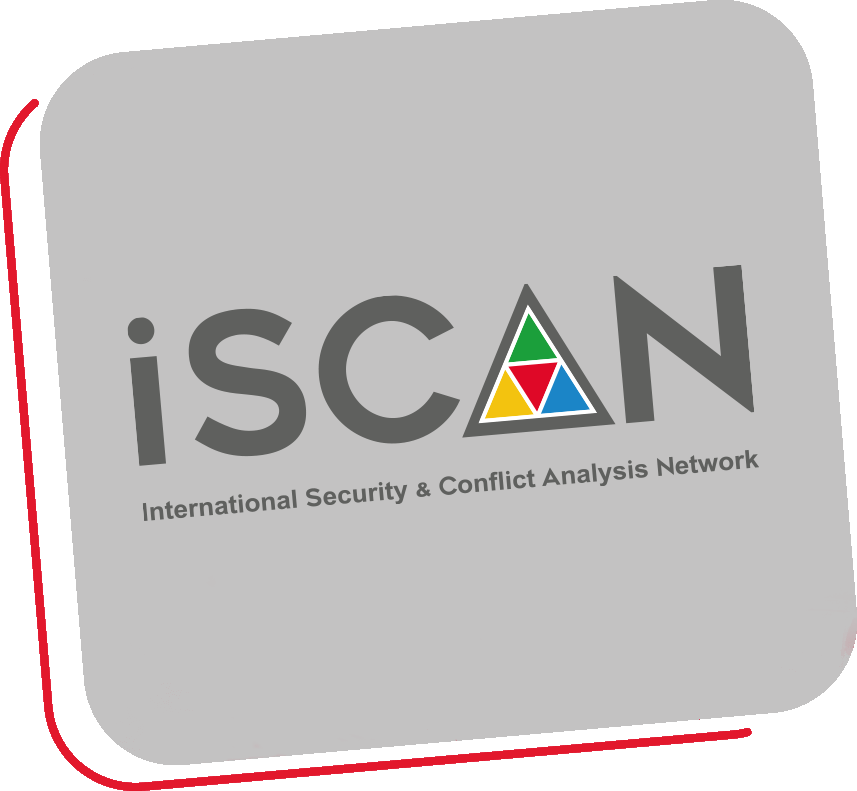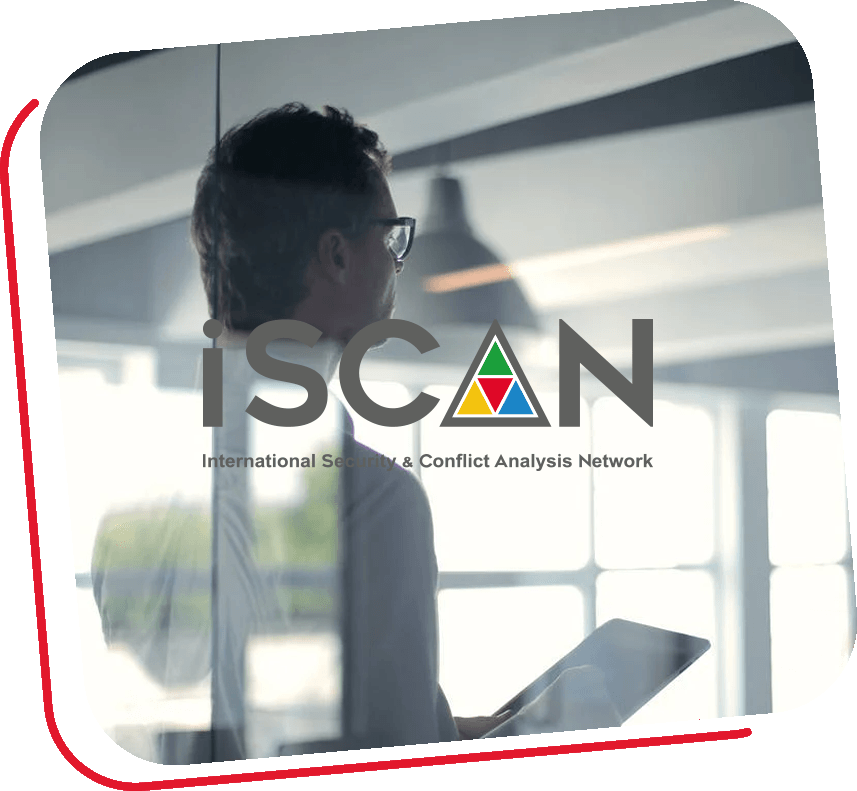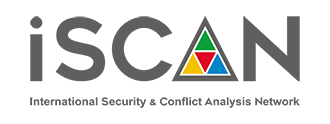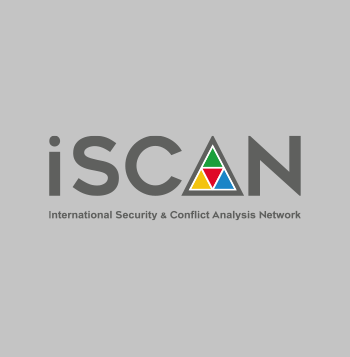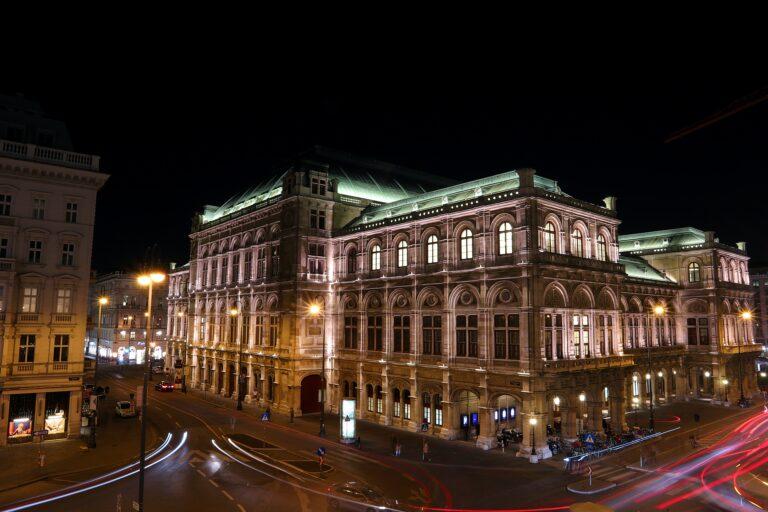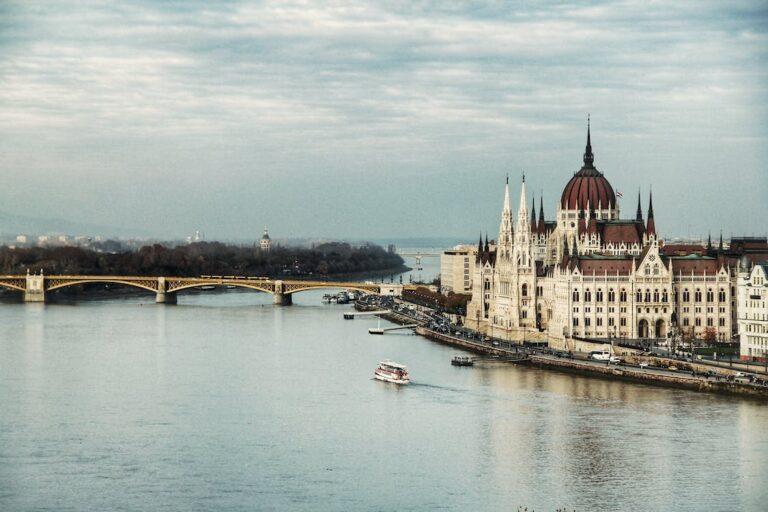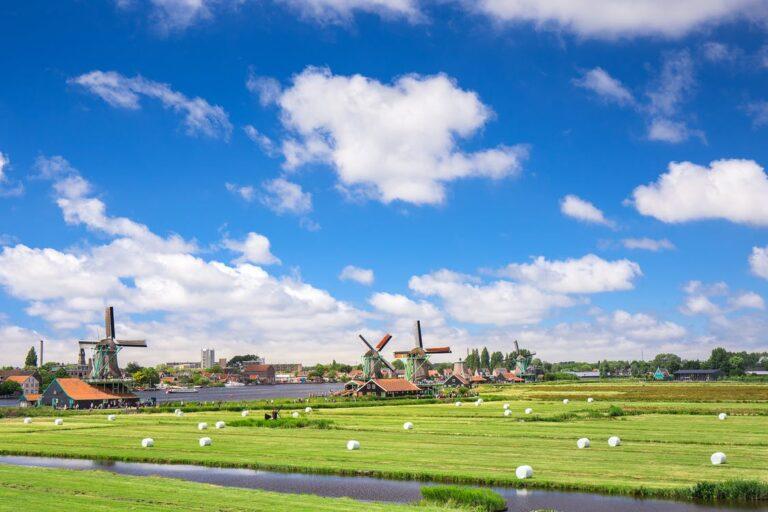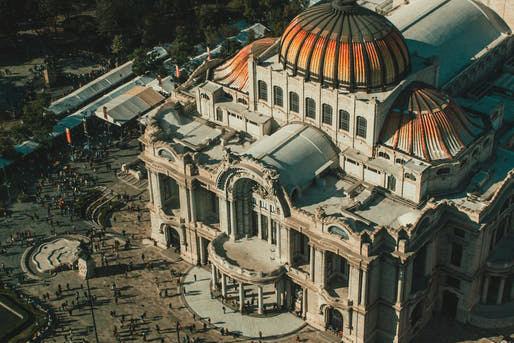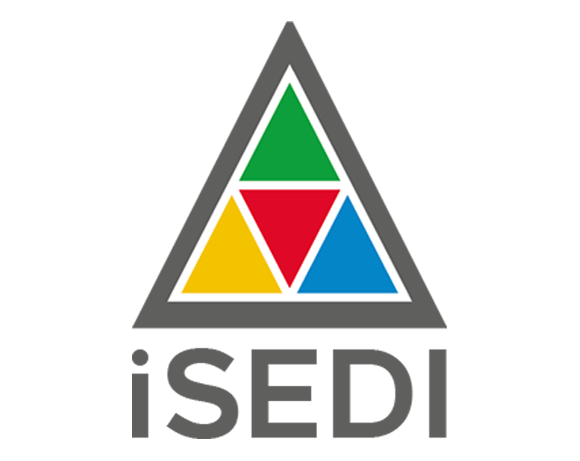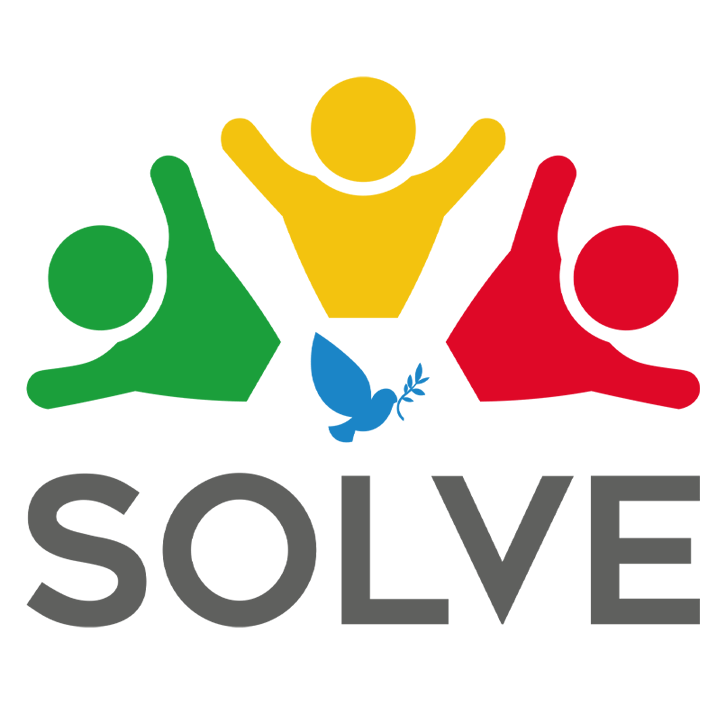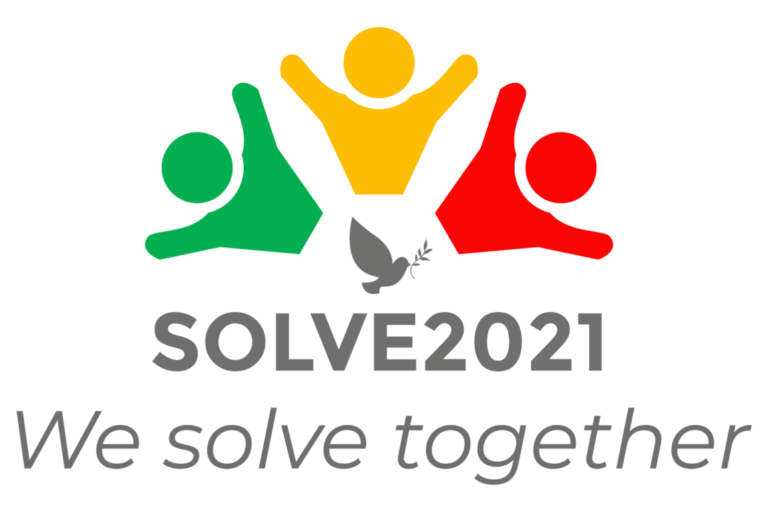Our Mission?
A World Free of Conflicts
Our Story:
Why I founded
iSCAN
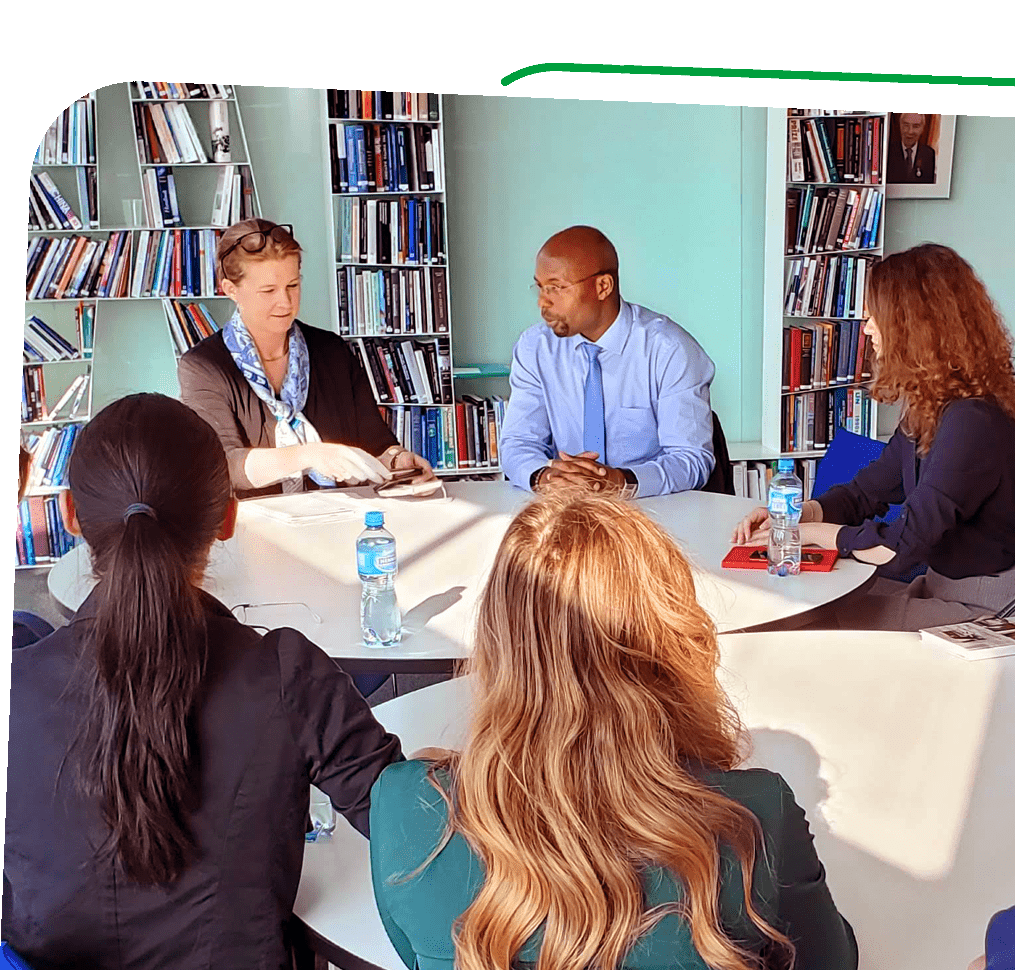


I was born and raised in beautiful Rwanda, a land of thousand hills, until I was 13 years old in 1994.
Growing up in this small but magnificent country, it never occurred to me that there were different ethnicities like the Hutus, Tutsis or Twas. To me, there were neighbours, friends, and of course everybody else I did not know.
That all changed in October 1990 when a war broke out in Rwanda, starting in the province where I was born. That’s when I became aware of the different groups, when people starting labelling others by their ethnicities. Over the course of the war, I and many others were robbed of our youth, lived in war zones without being able to ‘be kids’ and go to school, lost family members and loved ones, and experienced near death.
The consequences of the war were many and unimaginable, the 1994 genocide being the worst manifestation of those. On 18 July 1994, I fled my beloved country and lived in exile in different countries. In the Democratic Republic of Congo, I experienced the humanitarian work of the United Nations and other international organizations and volunteered in a refugee camp to help fellow refugees.
My experience in the refugee camp changed my life, gave me a sense of purpose, and shaped what would be my life mission – to serve humanity. Over the course of my life as a refugee, the main source of existence and healing was education. In schools, I found a place of safety and purpose.
Fast forward to my university education, I pursued my studies in diplomacy and international security in search of understanding the causes and resolutions of conflicts.
After many years of activism, I founded two educational Non-Governmental Organizations to empower young people through education. It was no surprise that I took this path because I had found empowerment in education myself. By then, I had realized that circumstances of my life experience had robbed me much of my life and yet gave me everything I am for which I am grateful – a different perspective in life and sense of purpose. After completing my master’s degree in international security, I was determined to make use my life experience and academic knowledge to contribute to understanding conflicts and sustainable and impactful conflict resolutions.
In 2012 I designed and delivered the first training on conflict analysis with a colleague of mine who was also very passionate and committed to the cause. Since then, I have trained over 300 people from all over the world. I hear many stories about how the people I had trained make use of the skills and knowledge they gained in their work, which was a great motivation to continue the trainings.
In 2016, I started working for the United Nations Office on Drugs and Crime in Vienna. In 2018, I founded the International Security and Conflict Analysis Network (iSCAN) to provide a platform for systematic analysis of international security challenges through human security lenses and for the development of impactful interventions. When I started the trainings and founded iSCAN, my premise was the words stated in the preamble of the Constitution of the United Nations Education, Scientific and Cultural Organization (UNESCO) which declared that “since wars begin in the minds of men, it is in the minds of men that the defences of peace must be constructed.”
That is why I founded iSCAN – to contribute to the construction of the defences of peace in the minds of men and women, starting with the younger generation. Because sustainable peace must be based on thorough and systematic analysis of conflicts. Conflict analysis provides insights into the causes and consequences of violent conflict, the dynamics supporting or undermining peace efforts, and the needs and interests of diverse stakeholders. It provides a solid framework to engage with both volatile political situations where a conflict prevention lens is required and post-conflict settings where the consolidation of peace is the priority.
That is the role of iSCAN.
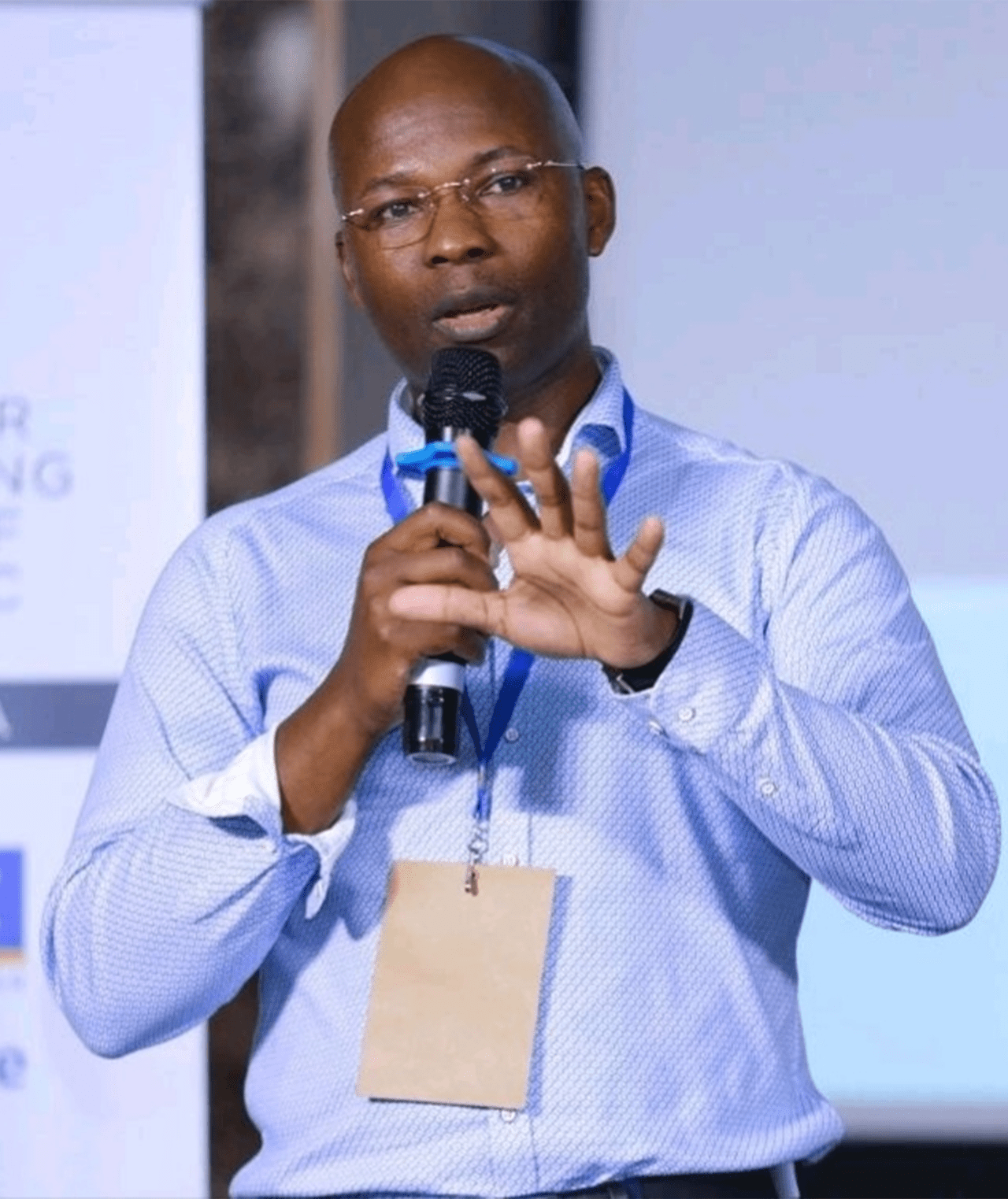

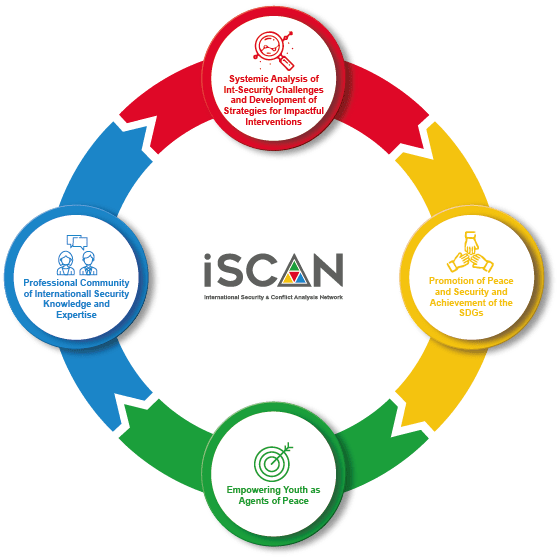
Our Stratgic Approach
- Provide a professional platform for systemic analysis of international security challenges;
- Create an environment to develop strategies for impactful interventions, conflict management, and conflict resolution;
- Develop a professional community of international security practitioners and experts from the public institutions, civil
society organizations, the business community, young
professionals and students to inform iSCAN strategies; - Provide an environment to learn, debate, and exchange on international security and conflicts through the lenses of human security;
- Generate value-added resources on international security and possible solution scenarios;
- Become a source of evidence-based understanding of conflicts and strategies for interventions;
- Serve as an advocacy platform for peace and security;
- Contribute to the overall goal of the United Nations and the international community to promote peace and security;
- support the work of the United Nations in promoting peace and security and the achievement of the Sustainable Development Goals (SDGs).
Learn about the TeamiSCAN Family
